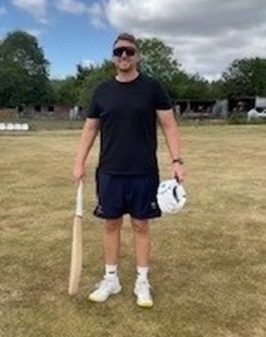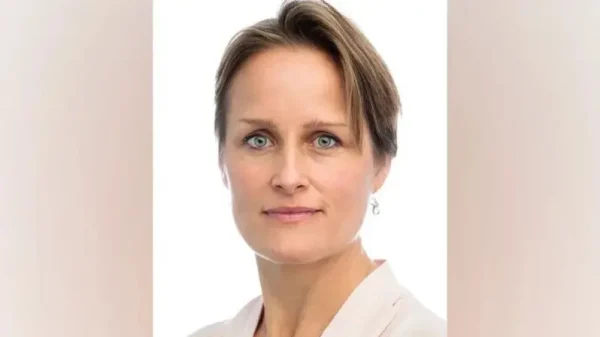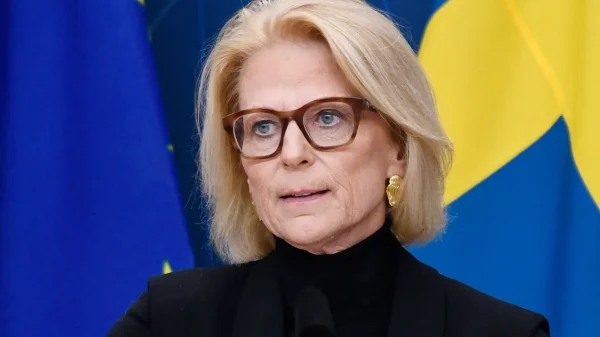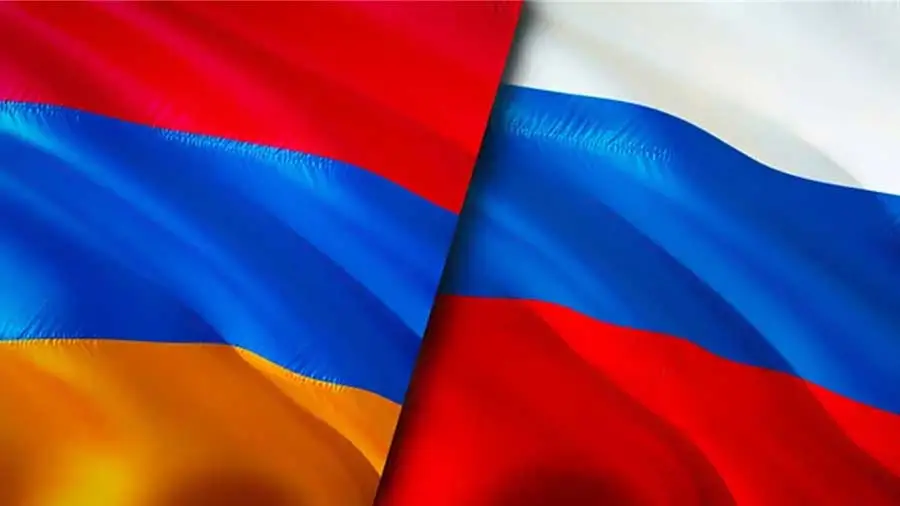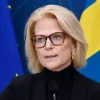Mistaken is the one who believes that with the beginning of Russia’s large-scale invasion of Ukraine, the Kremlin’s hybrid aggression has completely ceased. No, it is taking on active forms and remains relevant for many hotspots. Especially for the Southern Caucasus, a place of high importance for Russia, where resides one of its few allies – Armenia – writes Yevhen Mahda.
Stian Jenssen, Director of the Private Office of the NATO Secretary General, has become a household name in Ukraine this week. While fame comes in many forms, this Alliance official has opted for a rather rapid ascent. His public suggestion that Ukraine could cede territory in exchange for guaranteed NATO membership is a dangerous and cynical ploy. Jenssen quickly backtracked on his words, effectively undermining his own position, but the damage was done.
There are several other factors that make this statement worthy of attention:-
Jenssen, like other NATO officials, did not have the formal authority to speak on behalf of the North Atlantic Treaty Organisation. He simply exceeded his bounds when he decided he could get away with such a public blunder. The position of Director of the Private Office of the NATO Secretary General (only Jens Stoltenberg himself and his deputies can express the Alliance’s official position) was at the very least misused, and this abuse should be investigated by law enforcement agencies.
- The proposal for Ukraine to essentially amputate parts of its territory in exchange for a guaranteed course of treatment through NATO membership is hardly the private opinion of a single official. In fact, it reflects the position of a few representatives within the Western establishment who want to build a world where democracy prevails, but do not want to provoke Russia or change the Kremlin’s geopolitical perspective towards Ukraine and the post-Soviet space.
- To speak of “guaranteed NATO membership” in the absence of a clear consensus within the Alliance on the Ukrainian issue is a deliberate attempt to mislead. This is especially true given the “significant shifts in the question of Ukraine’s NATO membership” mentioned by Jenssen. There is currently no objective evidence to support these claims.
- Norwegian media have sparked a debate about why the Chatham House Rules were broken, which led to the disclosure of Stian Jenssen’s position. It is also worth clarifying the circumstances of the information leak, as Russian media quickly picked it up and delivered it around the world. It obviously was a well-planned Russian information-psychological operation.
These kinds of actions are perfectly in line with the Kremlin’s logic, which is currently focused on demonstrating the ineffectiveness of the actions of its traditional adversaries. To achieve this, Russia uses a variety of tools, but one of them is particularly worth examining in more detail.
Although Russia and democratic procedures are like two distant galaxies that rarely intersect, Moscow carefully studies the inner workings of a democratic society. This goes beyond the media and includes legal mechanisms, questions of the use and abuse of power, and the use of affiliations to validate expert opinions. In this regard, the Kremlin has achieved notable successes that deserve attention.
In late July 2023, Araik Harutunyan, the so-called “President of Artsakh” (the pro-Russian leader of the unrecognised Nagorno-Karabakh Republic – an occupied enclave on Azerbaijani territory), approached Argentine lawyer Louis Moreno-Ocampo, asking him to provide a “legal assessment” of the situation in the region. Moreno-Ocampo was once the Chief Prosecutor of the International Criminal Court, but he was forced to resign in 2012 due to a series of scandals.
However, this did not prevent Louis Moreno-Ocampo from reaching the conclusion, remotely and within just nine days, that the events surrounding the Lachin Corridor constitute a “genocide of Armenians.” This assessment was widely reported in the global media, creating a corresponding information backdrop ahead of the UN Security Council meeting on August 16. It was held at Armenia’s request to discuss the situation in Karabakh. An attentive observer will undoubtedly understand that the UN Security Council is currently unable to make any binding decisions. However, raising the issue in New York brings it to the attention of the world.
In essence, we are dealing with a cynical ploy. Araik Harutunyan is not a representative of a state that is internationally recognised as a member of the global community. It is recognised solely by the Russian proxy “republics” on Ukrainian, Georgian and Moldovan territories. It is “protected” by the Russian military.
Louis Moreno-Ocampo does not represent the International Criminal Court and is effectively exploiting his former position, emphasising that he provided this assessment pro bono (free of charge). We leave these claims to the conscience of the Argentine lawyer, who has a history of shady contacts and suspicions. In essence, we have witnessed the use of hybrid war methods to influence public opinion.
Labelling the situation around Karabakh as an “Armenian genocide” is essentially a cynical attempt to exploit the memory of the Armenians murdered in the Ottoman Empire during World War I. This suggests that the Kremlin is behind Louis Moreno-Ocampo’s involvement, as it is common practice for the Kremlin to exploit the suffering of others for its own political gain. Additionally, Moscow is extremely concerned about the gradual rapprochement between Baku and Yerevan on the subject of peace, including the Prime Minister of Armenia Nikol Pashinyan’s expressed willingness to sign a peace treaty with Azerbaijan. For Russia, this scenario is unacceptable, as it would mean losing influence in the Southern Caucasus.
The endeavours of Mr. Jenssen and Mr. Moreno-Ocampo find bolstering resonance in the sphere of public advocacy through the efforts of Scott Ritter. A former Marine and a United Nations weapons inspector during the 1990s, Ritter’s history was marred by two encounters with American law enforcement concerning his alleged involvement in inappropriate relations with a minor. Nevertheless, this did not deter him from engaging in a controversial dialogue with the journalist Seymour Hersh in 2005. (It is worth noting that Hersh, recognised for asserting that American forces were behind the destruction of the Nord Stream pipelines, conducted the interview).
With the advent of Russia’s expansive incursion into Ukraine, Ritter’s alignment pivoted towards furthering Kremlin interests within the information landscape of the United States. Among his assertions was the contention that the civilian casualties in Bucha were the work of the Ukrainian police. Moreover, he held the conviction that the infusion of Western armaments into Ukraine’s possession would have no transformative effect on the dynamics of the Russian-Ukrainian conflict.
The cases of Jenssen and Moreno-Ocampo shed light on the modus operandi of Russian intelligence services. They closely observe relevant professional circles, identify vulnerable individuals, and then make them tempting offers. In this way, Kremlin narratives are disseminated into the information space of the developed world, carried by figures with a past reputation. These “heroes of yesteryear” only underscore the need for critical thinking and the verification of both the authenticity of information and the integrity of the source.
Y. Mahda is the author of the books: ‘Hybrid War: Survive and Win’ (Kharkiv, 2015), ‘Russia’s Hybrid Aggression: Lessons for the Europe’ (Kyiv, 2017), ‘Games of Images: How Europe Perceives Ukraine’ (Kharkiv, 2016, co-author Tetyana Vodotyka).




